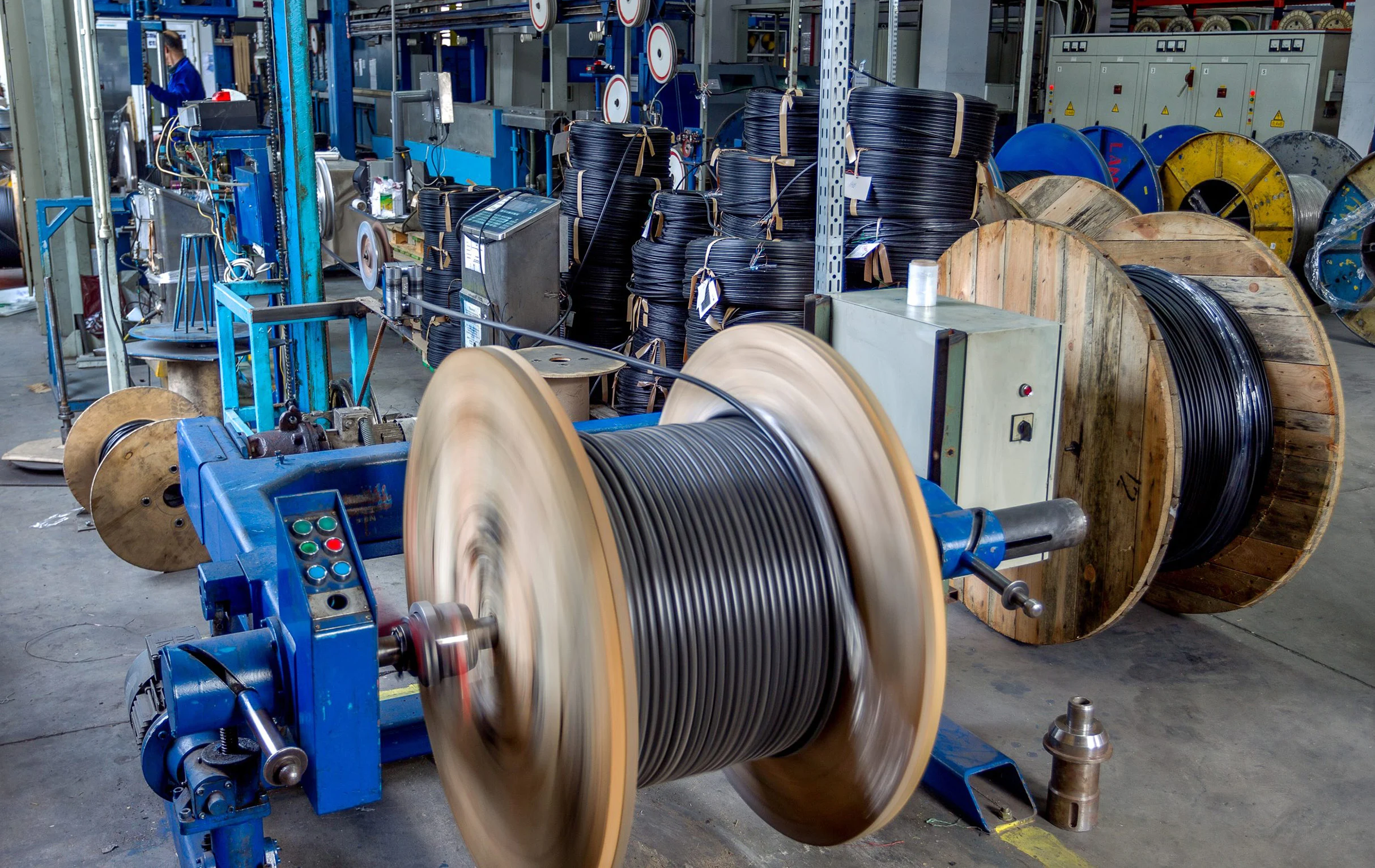Leaders in Zimbabwe are excited about a new joint venture with Dubai-based investors that will see a US$25 million transmission cable manufacturing plant built in Harare.
This project is expected to create jobs, boost the economy, and significantly aid the country’s rural electrification drive.
The partnership involves Zesa Enterprises (Pvt) Ltd from Zimbabwe and Management Services Company from the United Arab Emirates. President Mnangagwa himself expressed his enthusiasm for the project on social media, highlighting the job creation and economic benefits it will bring.
Government officials view this as a major milestone towards achieving their ambitious goal of nationwide electrification by 2030. The UAE partner, the Office of His Highness Sheikh Ahmed Bin Faisal Al-Qassimi, has reportedly been in Zimbabwe for five years, and this joint venture marks their first major investment there. The UAE office has a global presence with headquarters in Southern Africa located in Zimbabwe.
Looking beyond the cable plant, officials have hinted at plans for a future smart meter factory. The long-term vision, together with ZESA Holdings, is to electrify schools in remote areas and provide not only connectivity but also devices like laptops and tablets to equip students for a world-class education.
Zimbabwean officials are confident that the joint venture will significantly upgrade the country’s electricity infrastructure. The plant is anticipated to produce cables crucial for not only industrial manufacturing but also agricultural development. An additional benefit is the transfer of technology and expertise to ZESA Enterprises staff.
The project is expected to have a ripple effect throughout the economy. Those involved in mining, cable manufacturing, and related downstream industries stand to gain significantly.
Local copper mines will have a ready market for their product, and there will be ample job opportunities created for Zimbabweans.
Overall, this joint venture between Zimbabwe and the United Arab Emirates is seen as a positive step forward for the nation’s development.
It has the potential to create jobs, bolster the economy, improve infrastructure, and empower future generations through rural electrification and educational initiatives.
Text: Martin Chemhere
From: E&P ISSUE 11

